The therapeutic use of cannabidiol (CBD) is a subject of controversy. While its application to treat various conditions such as anxiety, stress, insomnia, or certain chronic pains is on the rise, scientific and clinical evidence regarding the effects of this component of cannabis remains limited. In 2017, the World Health Organization (WHO) concluded that CBD has only been proven effective in some types of epilepsy after clinical trials, as research for other diseases is less advanced.
Several studies have shown the positive effects of cannabidiol in the treatment of refractory epilepsies, those that do not respond to conventional antiepileptic medications. However, neurologist Ángel Aledo Serrano warns about the need for caution and the importance of using it under the prescription and supervision of a neurologist.
There is a positive perception of CBD due to its natural origin, but Dr. Aledo emphasizes that it is crucial to adjust expectations, as it is not a universal remedy or healthier than other medications just because it comes from a plant.
In Spain, the only scientifically endorsed medication for certain epilepsies, and authorized by the Spanish Agency of Medicines and Medical Devices (AEMPS) is Jazz Pharmaceuticals’ Epidyolex. This medication is indicated for Dravet Syndrome, Lennox-Gastaut Syndrome, and Tuberous Sclerosis, all of which are rare epileptic syndromes that are difficult to control with conventional medications.
Dravet Syndrome, a common genetic epilepsy, was the first to demonstrate the beneficial effects of CBD. Its application began ten years ago with the case of Charlotte Figi, an American girl with this syndrome, whose epileptic seizures significantly improved with a CBD-rich and low-THC cannabis treatment.
Despite the proven efficacy with Dravet Syndrome, Epidyolex has recently obtained approval in Spain to treat epileptic seizures associated with tuberous sclerosis, a rare genetic disease.
Regarding administration, cannabidiol can be used in children and adults of various ages, although its effectiveness is not as supported in children under 2 years old due to a lack of research. Epidyolex is presented in syrup form and is taken twice a day, with precautions regarding dosage to avoid adverse effects. Dr. Aledo highlights that the use of CBD is not as common as other antiepileptics due to its specific indication for rare and severe epilepsies.
Additionally, he underscores that its high cost, approximately 1,000 euros per bottle of Epidyolex, also contributes to its limited use.
As for the effects, cannabidiol improves the quality of life by reducing the frequency and intensity of epileptic seizures, although it rarely eliminates them entirely. Moreover, it can have a positive impact on cognition and behavior.
However, potential adverse effects, such as drowsiness, dizziness, diarrhea, and blood abnormalities, especially in liver transaminases, should be considered and monitored regularly.
Although Epidyolex is the only scientifically endorsed cannabidiol for epilepsy and is only available in hospital pharmacies, CBD is legally sold in pharmacies in various forms and brands not scientifically tested. This poses risks as it lacks the necessary medical supervision, as the amount of cannabidiol and other components is not guaranteed and can vary, leading to intoxication or insufficient doses. Dr. Aledo emphasizes the importance of caution and consultation with a specialist in refractory epilepsies before resorting to products without scientific endorsement.
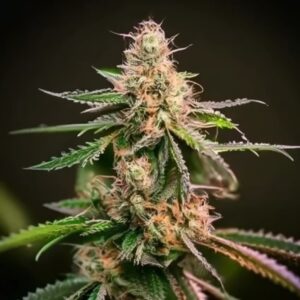


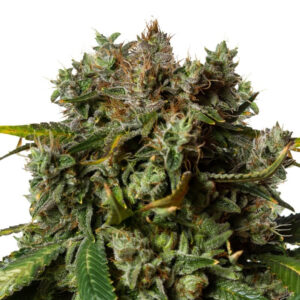

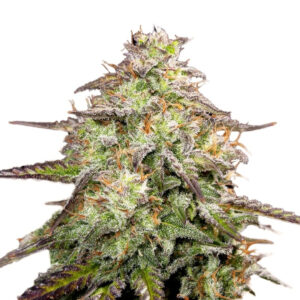
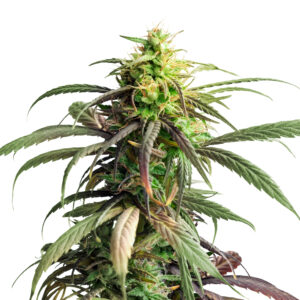






Related Posts
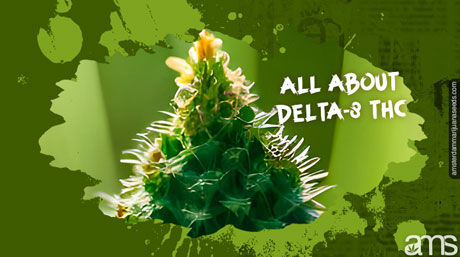
If you keep yourself updated about the ins and outs of information in the hemp and cannabis industry, you must have already heard about this new cannabinoid from the family tearing through the mainstream media.
With over a hundred types of cannabinoids identified now, this newly discovered cannabinoid is making a buzz in the market. Unlike the many well-known cannabinoids…
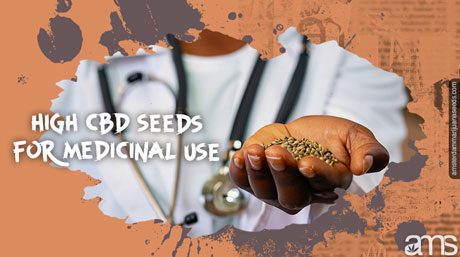
CBD, a non-intoxicating component of cannabis, is noted for its therapeutic properties, offering relief from anxiety and other conditions without the side effects of THC. High-CBD seeds, legal in areas where medical cannabis is permitted, are a popular choice for those seeking natural remedies. These seeds are designed to maximize the therapeutic potential of CBD, making it easy to grow CBD-rich plants for medicinal use.
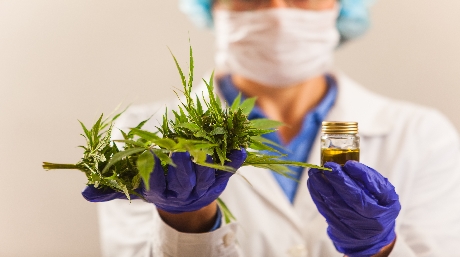
After all, it’s cannabinoids that they can thank for providing them with the relief of pain, anxiety, inflammation, and nausea just to name a few.